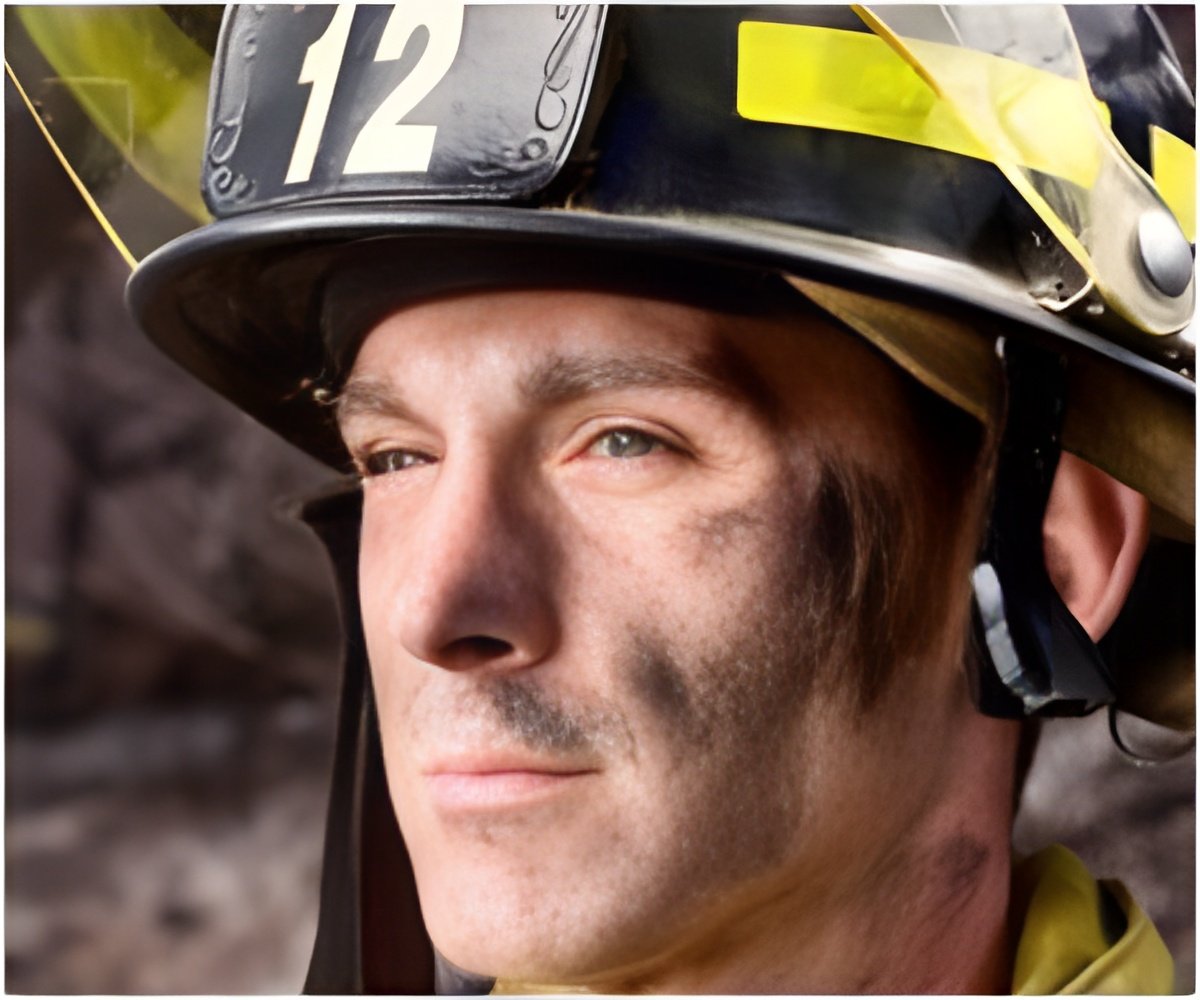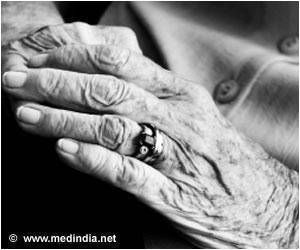One of Britain's greatest living war heroes, Rambahadur Limbu, feels dishonoured by the way the country has treated Gurkha soldiers like him

Fewer still would know the short, stocky farmer is among just four people alive who won the highest possible military honour serving in the British armed forces -- an award given only for extreme bravery in the face of the enemy.
Feeling his age, Captain Limbu is in London for perhaps the last time to wage one final campaign: a push for retired Nepalese Gurkhas to receive the same pensions and welfare as their British comrades.
He gave heartfelt evidence to the Gurkha Welfare Inquiry, a panel of lawmakers examining veterans' grievances, which holds a final hearing on Wednesday.
In an interview with AFP, Limbu said: "I enlisted in the army in 1957 and for the first 18 years of my career, I always regarded the British and the Gurkhas as equal, and I thought the British were the best friends we could ever have."
But from then on, he saw "discrimination in every area of life in the army, and that included accommodation, food, pay -- anything you name".
Advertisement
"I feel very honoured because this nation honoured me with a medal. But when I look back (on) my service, I feel very dishonoured," he said.
Advertisement
"Isn't that an insult to me and my bravery?" he asked.
"What do I do with this honour when that honour does not give me a dignified life to live?
"You cannot eat a debt of honour. You have to give equality so that people feel the debt of honour is given."
The Gurkhas are renowned for their ferocity, loyalty, bravery and razor-sharp kukri fighting knives. They first served as part of the Indian army in British-run India in 1815. Around 3,100 currently serve in the British army.
Limbu won the VC for his exceptional valour in the jungles of Sarawak on November 21, 1965.
In a five-man uphill vanguard assault on an entrenched Indonesian platoon, he twice went back into the front line during a 20-minute spell to rescue fatally-wounded comrades while under continuous fire from machine guns -- at point-blank range.
He then rejoined his platoon, which forced the Indonesians to abandon the position, and killed four as they attempted to escape.
"Because of the intensity of the situation, there was no fear in me," he said. "I just thought that I must do anything in my capacity to stop the enemy and to take the bodies and the injured back to safety.
"I don't really consider myself as a hero.
"Those who died, when I think of them, they were more heroes than I am."
The day after his return from Sarawak, 10 weeks later, his first wife died, leaving him with two children aged eight months and five years to look after.
Since retiring in 1985, his life has been filled with social and charitable work for ex-servicemen, invitations to events, and building a temple for Gurkhas.
He lives in Damak, a remote town in the southeast corner of Nepal, and occasionally visits Kathmandu.
"I've got seven grandchildren who look after me and my little farm and that is my day-to-day activity," he said.
Given his VC, "everybody thinks I'm a very high flier, a big shot -- but because of the pension and the economic conditions, my life is very modest.
"There's nothing really to look forward to.
"I know that I will not live very long," he said with a chuckle.
Limbu is on tablets, suffers from high blood pressure and gout and has difficulty with steps.
He said Nepalese medical facilities were "non-existent" and offered "only basic primary care".
"Britain should take that responsibility of looking after the Gurkha veterans, even if they choose to live in Nepal."
The Gurkha welfare parliamentary inquiry is looking at medical care in Nepal, benefits and allowances, adult dependents and Gurkha communities in Britain.
When its findings are published in the coming months, it is hoped they will trigger a parliamentary debate and an official government response.
"I gave Britain the prime years of my life," Limbu said. "We sacrifice our lives for this country.
"When we fight for one country... we must be paid equal value."
Source-AFP








